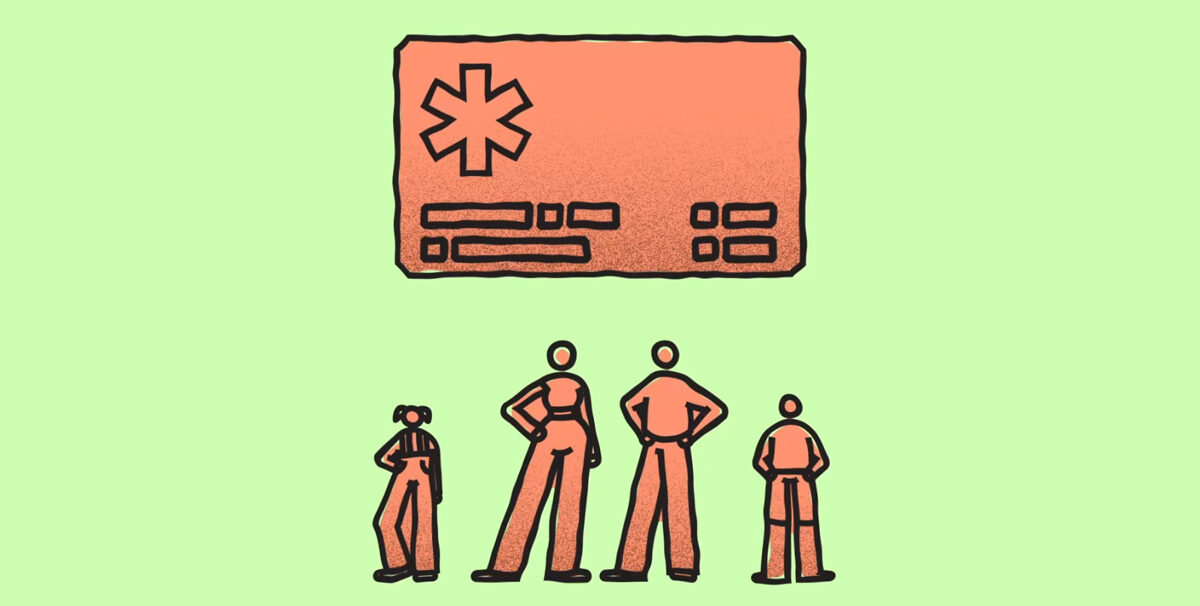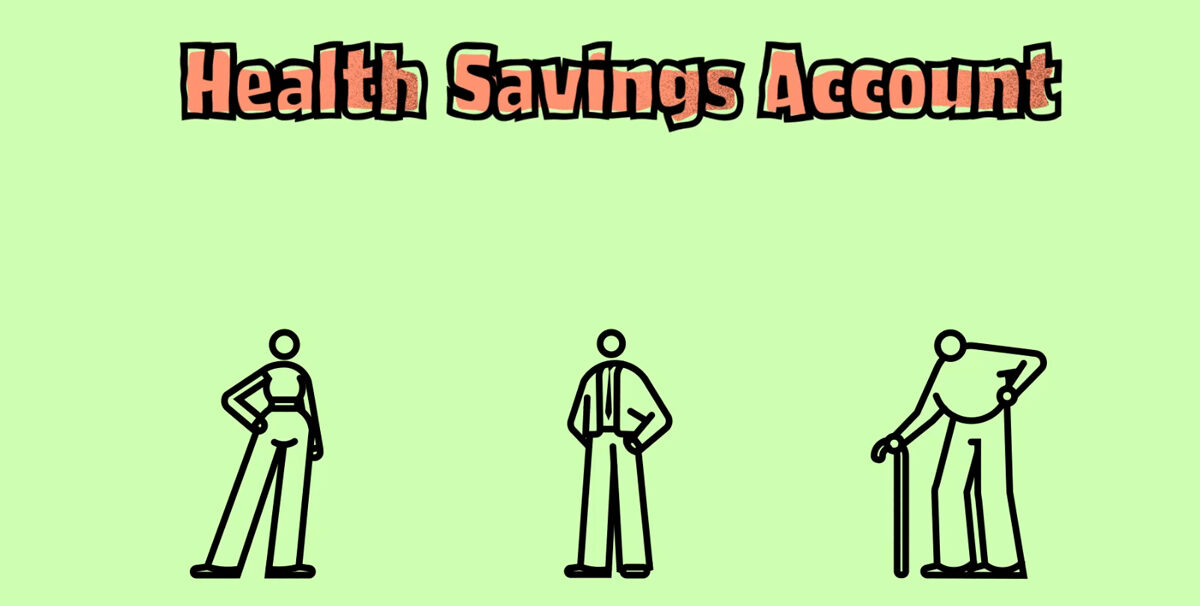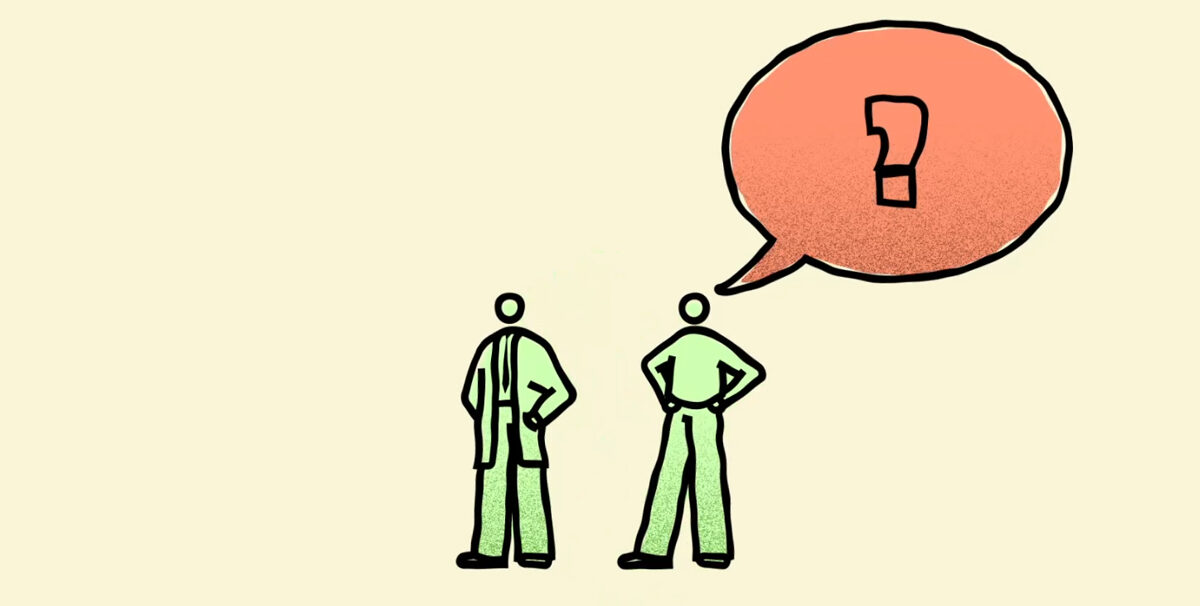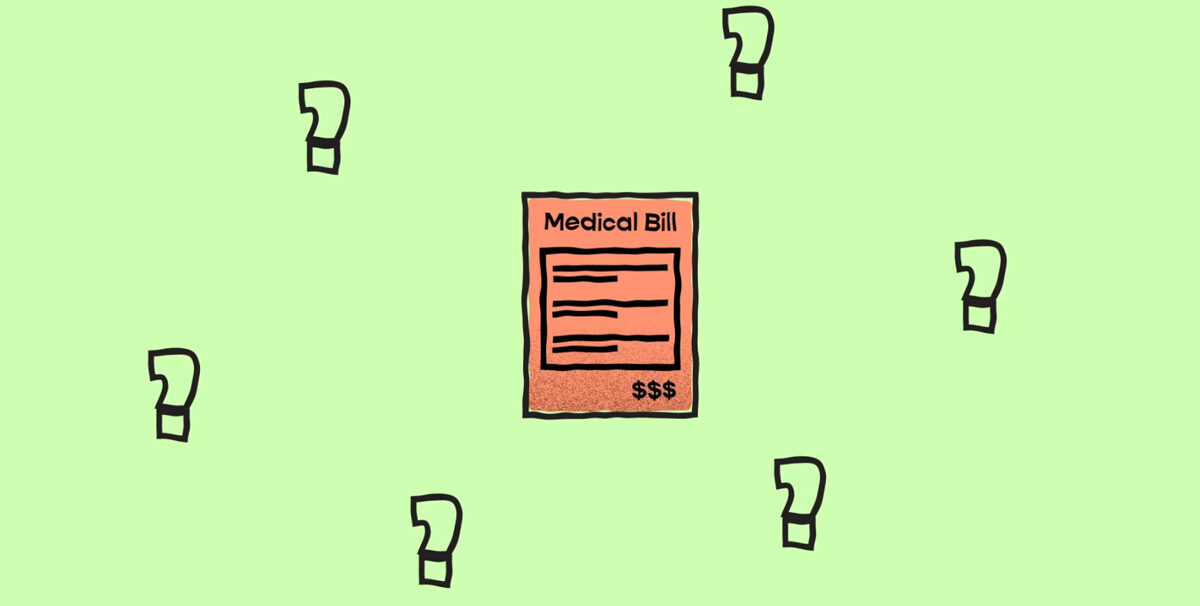Explore the Great Outdoors
Spending even a few moments outside daily can significantly improve your physical health by reducing muscle tension, regulating sleep and improving your work performance. Experiencing the outdoors—specifically, green spaces—can also provide some mental health benefits, including reduced anxiety and depression symptoms, decreased stress levels and improved overall mood.
- Find time throughout the day to be outside. Try to walk or do a similar activity before or after your workday. Alternatively, enjoy lunch outside instead of eating at your desk during the workweek. If working remotely, you could join virtual meetings outside in a quiet place with little background noise or try “walking meetings” with teammates. Focus on finding small ways to incorporate fresh air into each day.
- Move your workout outside. If you usually run on the treadmill, consider jogging around your neighborhood instead. Additionally, doing bodyweight or free weight exercises in your backyard or at a park can give you the same workout you would get in the gym but allow you to spend more time outside.
- Focus on the quality – not quantity – of your time outdoors. While outside, try to really listen to and look at what’s around you. Are there birds chirping? What color are the flowers? An intentional presence outdoors can help you feel more connected to nature and increase the benefits you receive from the fresh air.
- Find someone to explore with. It can be much easier to start a new habit when you have someone to do it with. As such, consider getting together with a partner or a group of friends to participate in outdoor activities
- Bring nature indoors. Even when you can’t get outside for very long, you can still bring little pieces of the outdoors into your home. Think about purchasing a few house plants to place around your home or starting an indoor herb garden.
Spending time outdoors can improve your physical and mental health, so take advantage of the longer summer days and get outside.
EWG Releases Its Dirty Dozen List
The Environmental Working Group (EWG) reports that 75% of all conventional fresh produce sampled this year had residue of potentially harmful pesticides. The “Dirty Dozen” items contain 95% of samples with pesticides. Each year, the EWG releases its Dirty Dozen report ranking pesticide residue levels based on samples taken by federal agencies. The EWG also compiles a “Clean Fifteen” list, with avocados and sweet corn leading the list.
Whether organic or not, all properly handled fresh produce is considered safe to eat, so don’t let the Dirty Dozen scare you away. Do your best to get your daily dose of healthy fruits and vegetables while still being an informed shopper. If you’re still uneasy about pesticides after scrubbing your produce, frozen or canned versions can be a great alternative. Ultimately, it comes down to finding what works best for your household and budget. Dirty Dozen foods include:
- Strawberries
- Spinach
- Kale, collard & mustard greens
- Grapes
- Peaches
- Pears
- Nectarines
- Apples
- Bell and hot peppers
- Cherries
- Blueberries
- Green beans
Clean 15 Foods
- Onions
- Asparagus
- Cabbage
- Carrots
- Mangoes
- Papaya
- Honeydew Melon
- Sweetcorn
- Sweet Peas (frozen)
- Mushrooms
- Sweet Potatoes
- Pineapple
- Watermelon
- Kiwi
The Power of Self-care
Self-care is the practice of intentionally engaging in activities that positively impact mental, physical and emotional well-being. It directly correlates to mental health, as self-care techniques can help create healthy coping mechanisms for unavoidable stressors in everyday life. Practicing these techniques can soothe negative symptoms of mental conditions or help you relax.Not everyone engages in self-care the same way. Having self-awareness when practicing self-care for mental health can help you recognize when you’re experiencing certain emotions or worsened symptoms of a mental condition. Once you know your common triggers and symptoms, you can find the best techniques to care for yourself. Here are some self-care ideas to practice:
- Eat a balanced diet and stay hydrated. The foods and drinks you consume impact your mood and fuel your body with the nutrients it needs.
- Prioritize movement. Doing an activity outside is even better, as spending time in nature can boost your mental health.
- Practice healthy sleep habits (e.g., stick to a schedule, get enough sleep and avoid devices before bedtime) and prioritize time to rest and recharge.
- Prioritize activities you enjoy, such as listening to music, reading, spending time in nature and engaging in hobbies.
- Find ways to relax, such as meditating, yoga, breathing exercises or journaling.
Best Exercises for Treating Depression
The CDC reports that depression affects 16 million adults annually. With early treatment from a professional, people can gain control of their symptoms and feel better. In fact, depression is one of the most treatable mental health conditions. While many people benefit from talk therapy or medication, emerging evidence shows that exercise may also help manage or improve symptoms.A new study published in The BMJ, a peer-reviewed medical journal, found that exercise is an effective treatment option for depression either independently or when combined with therapy and medications. The research studied walking, jogging, yoga, strength training, mixed aerobic exercises, tai chi and qigong. The study found that while low-intensity exercise is helpful, more vigorous activity brings greater benefits. Although the differences in effectiveness among all the exercise regimens were marginal, here are the study’s top exercises:
- Yoga
- Walking
- Jogging
- Strength Training
The study found that yoga reduced depression the most compared to other forms of exercise studied. Also, walking or jogging were effective for both men and women. While younger people and women reaped the most benefits from strength training, yoga was more effective for men and older adults.





